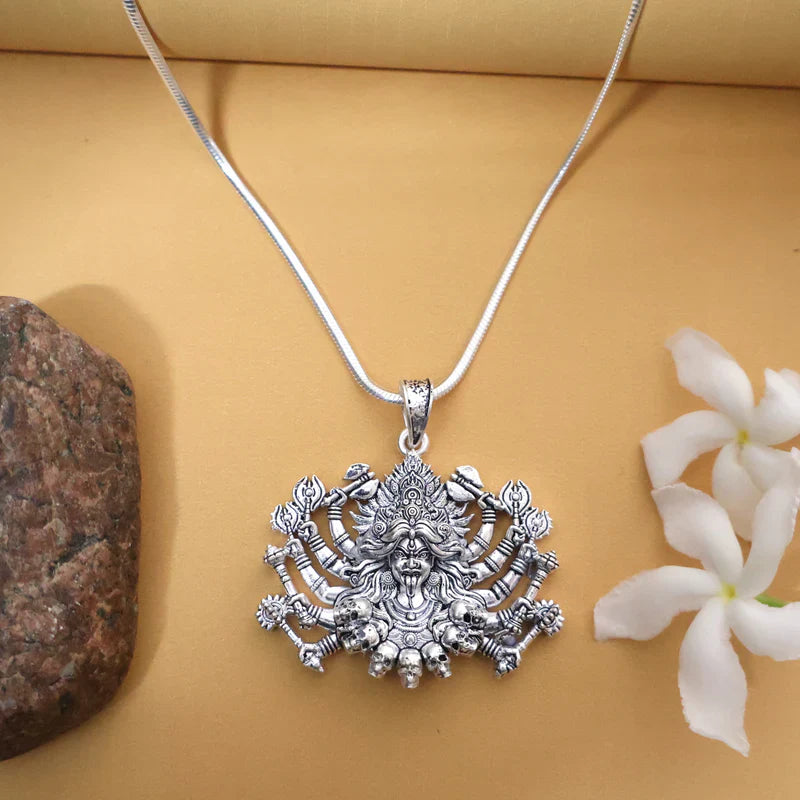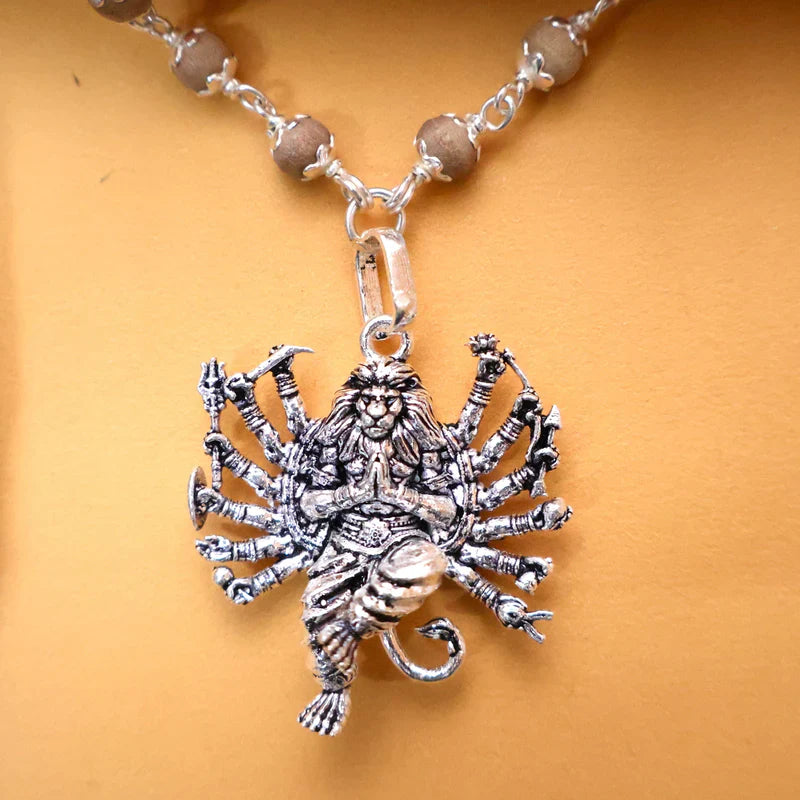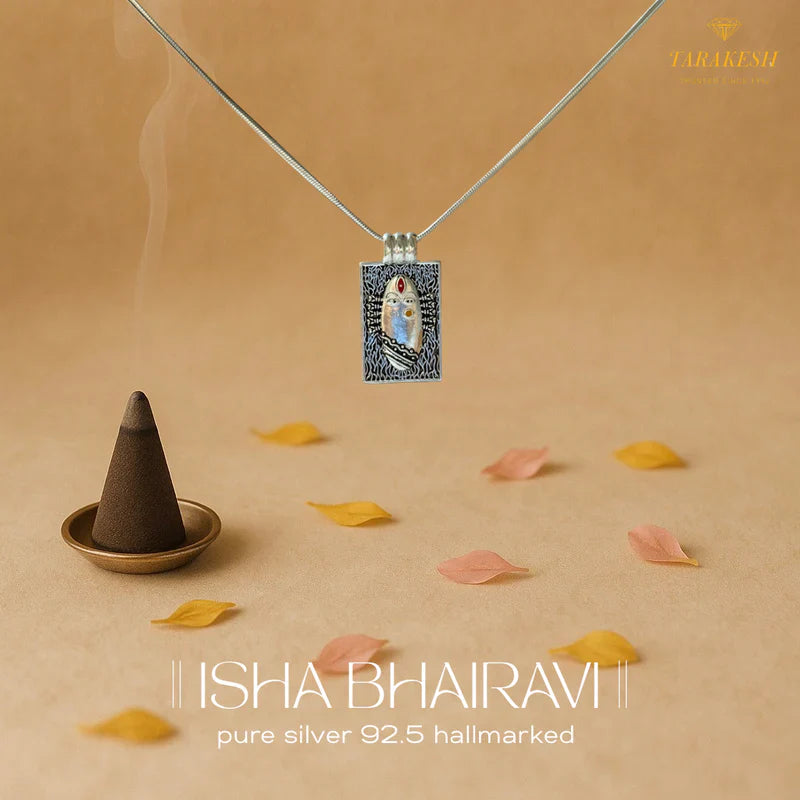Hinduism, one of the world’s oldest spiritual traditions, is not just a religion—it is a vast ocean of philosophies, practices, and divine forms. At its heart is the understanding that the Divine is one, but manifests in many forms, accessible to devotees in ways that resonate with their inner calling.
So, who are the main gods worshipped across this diverse tradition? Let’s explore the core deities revered in Hinduism and their symbolic significance.
The Hindu Trinity – Trimurti
At the cosmic level, three principal deities govern the cycles of the universe:
1. Brahma – The Creator
-
Represents creation, knowledge, and the Vedas
-
Often depicted with four faces, symbolising the four directions and the expansive knowledge of the universe
-
Less commonly worshipped today, but revered as the source of all life
2. Vishnu – The Preserver
-
The protector of dharma (righteousness) and the cosmic order
-
Takes various avatars (incarnations) to restore balance, including Rama, Krishna, Narasimha, and Vamana
-
Worshipped widely in forms like Krishna, Ram, Narayana, and Venkateshwara
3. Shiva – The Destroyer and Transformer
-
Represents transformation, destruction of ego, and spiritual liberation
-
Known as Mahadeva, Nataraja, and Rudra
-
Often depicted in meditation, with a third eye and snake, symbolising transcendence over time and death
The Divine Feminine – Shakti
Complementing the Trinity is the Divine Mother, worshipped as Shakti, the dynamic, creative energy of the universe. She manifests as:
-
Durga – the warrior goddess who slays demons
-
Kali – the fierce destroyer of ego and ignorance
-
Lakshmi – the goddess of wealth and prosperity
-
Saraswati – the goddess of knowledge, arts, and wisdom
In Hinduism, the male and female divine principles are inseparable, representing balance and unity.
Other Revered Deities
-
Ganesha – The elephant-headed remover of obstacles, god of beginnings
-
Hanuman – The monkey god symbolising devotion, courage, and strength
-
Surya – The sun god, source of life and energy
-
Kartikeya (Murugan) – The god of war and victory
-
Lord Venkateshwara (Balaji) – A revered form of Vishnu in Tirupati
These gods are worshipped in different regions, reflecting local traditions and personal devotion paths.
The Heart of Hinduism – One Divine, Many Forms
At its core, Hinduism teaches Ek Brahm, Dvitiya Nasti – "There is only one Divine, no second."
The many gods are expressions of that one supreme consciousness, allowing seekers to connect in the form they are drawn to—be it through love (Krishna), strength (Durga), wisdom (Saraswati), or devotion (Hanuman).
How Devotees Honour the Deities
-
Through pujas, mantra chanting, temple worship, and festivals
-
By wearing silver deity pendants, bracelets, or keeping idols as personal reminders of divine grace
🕉️ Explore Our Sacred Deity Pendant and Bracelet Collection Here and carry your favourite god’s blessings always.
Trusted References
Because in the many faces of the divine—
The devotee finds not confusion, but connection.
And every name, every form, is but a mirror to the One within.




